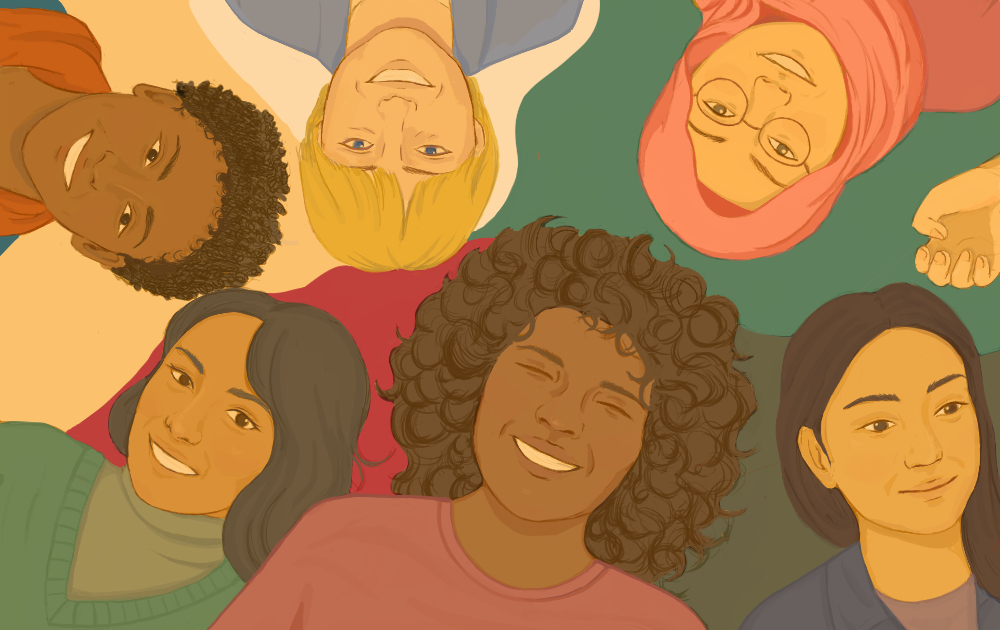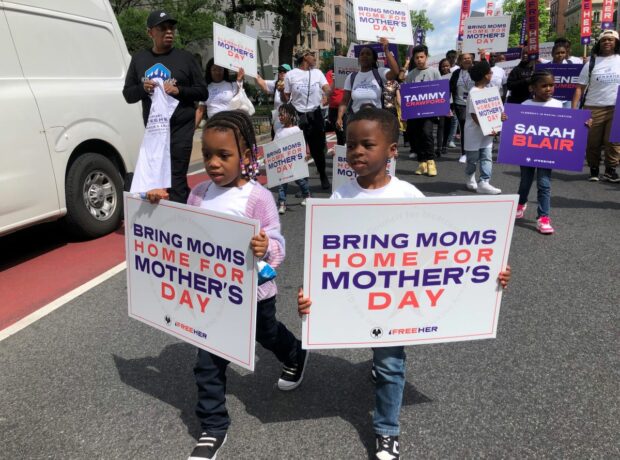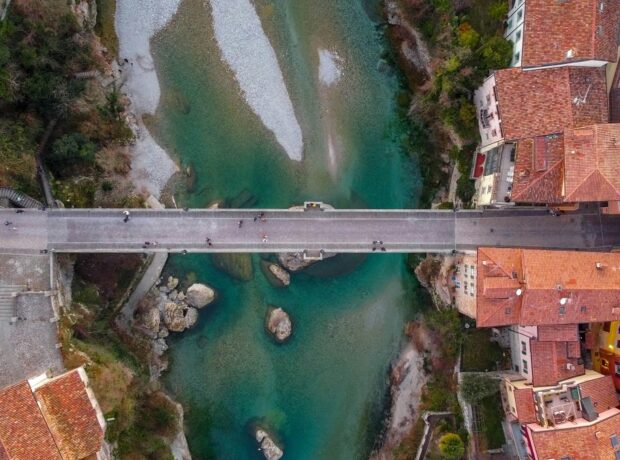From microaggressions and “subtle sexism” to emerging from domestic violence and supporting women in prison, these eight articles offer unique views of gender justice. For International Women’s Day, we’re revisiting some of our favourite pieces of research, memoir, fiction and journalism calling out sexism around the world.
Suffering for STEM: Why are Women of Color in science facing a mental health crisis?

Photo by Diane Serik on Unsplash
If STEM is to truly embrace diverse scientists, it must be intentional about fostering cultures that safeguard their mental health.
In study after study, Women of Colour overwhelmingly report links between gendered and racialized experiences and increased depression, while pursuing graduate degrees in STEM. Yale PhD student Kathryn Graves reflects upon the experiences of female scientists of colour and asks why academia is wringing the life out of them.
Read the full story here.
Everyday Sexism: The Microaggressions and Subtleties of Rape Culture
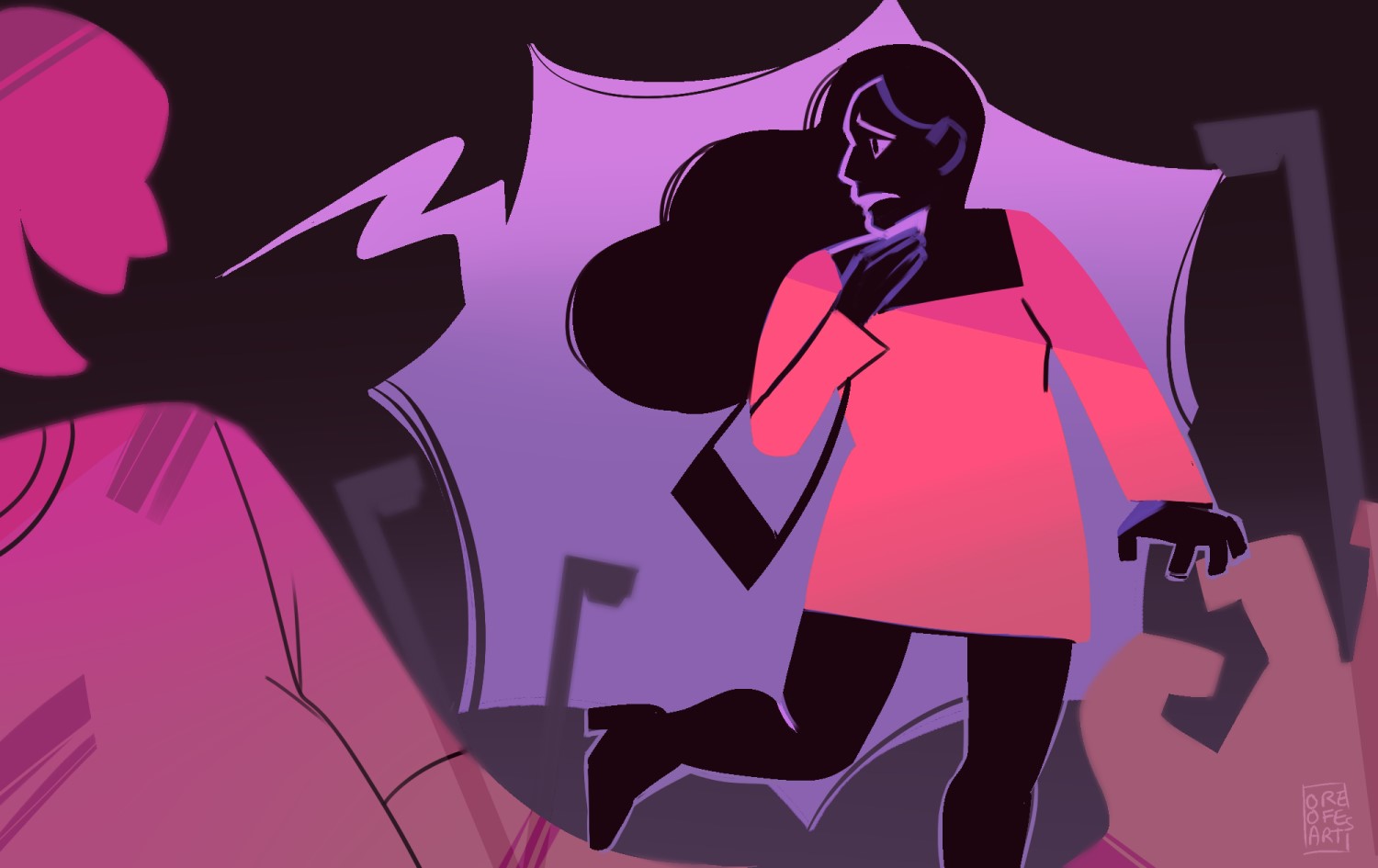
Art by Oreofe Morakinyo.
Rape doesn’t exist in a void. It persists in our society because we allow it, but also because we allow these more subtle forms of harassment.
In this story, our writer sharply examines a series of misogynistic microaggressions. Speaking directly to each man, she reflects on three encounters that illustrate how everyday sexism – such as rape jokes or “banter” – culminate to plague women.
Read the full story here.
Are woman-to-woman marriages meeting social care needs in rural Kenya?

Art by Beatrice Florence Taylor.
It’s a mutually beneficial relationship. The older woman provides property and income. The younger looks after the household and cares for the older, aging partner as well as the children of this new family unit.
Professor Ann Stewart from Warwick Law School explores the misunderstood practice of woman-to-woman marriage in communities in rural Kenya. Through speaking with more than 100 “wives” in woman-to-woman marriages, she finds that these customary unions are a matter of protection and social welfare.
Read the full story here.
Banned books behind bars
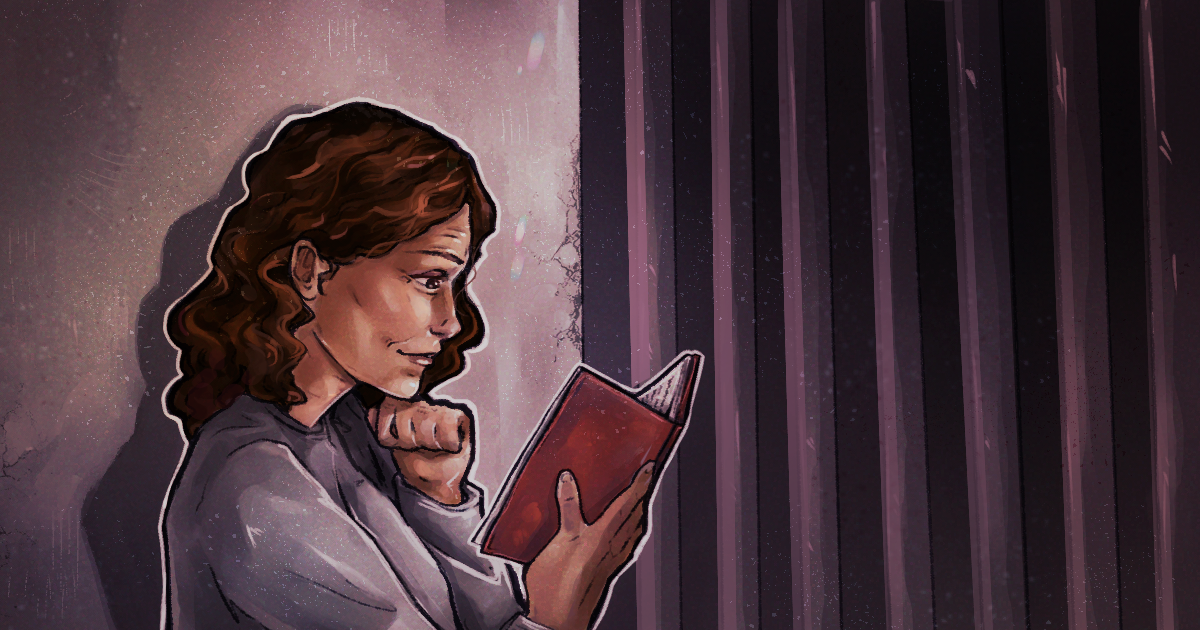
Art by Isabelle Broad.
I want to take my students’ stories, give them wings and send them soaring over the razor wire and the fences and out into the world. Those stories haunt me. I cannot ignore them.
This story gives a fascinating insight into life in a women’s prison through the eyes of a writing teacher and her students – the inmates. Questioning the purpose of the prison’s “Do-Not-Read” list of banned books, and exploring the complex histories of her students, the author reminds us of the transformative power of reading and writing.
Read the full story here.
A year on from the Girls’ Night In protests: Sober reflections on spiking and nightlife safety
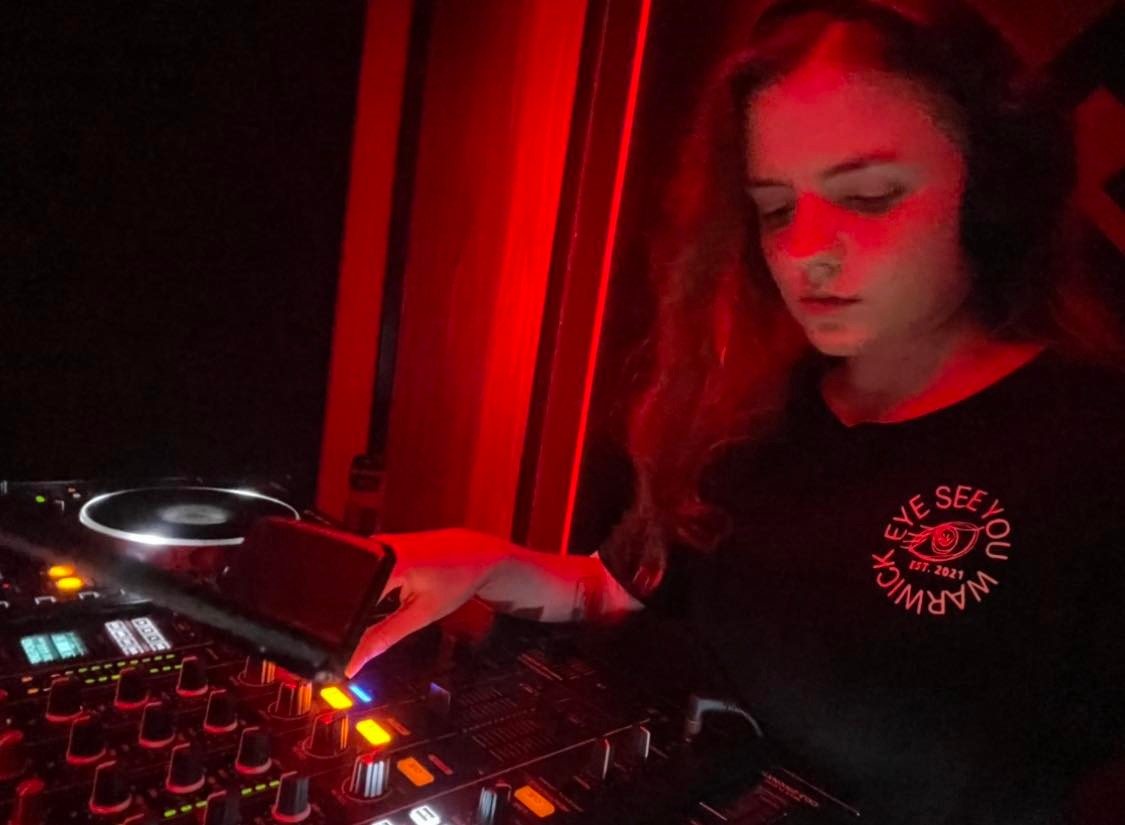
If the nightlife industry can be inherently sexist, it sets harmful standards that are resistant to improving conditions for all who enter.
Using her experience of the nightlife industry, DJ Kate Williams explores how clubs and bars can tackle spiking and sexual assault. Did the Girls’ Night In protests make any difference? And what can be done to make nightlife spaces safer for women?
Read the full story here.
Walking Home Alone: Why women feel unsafe in public places
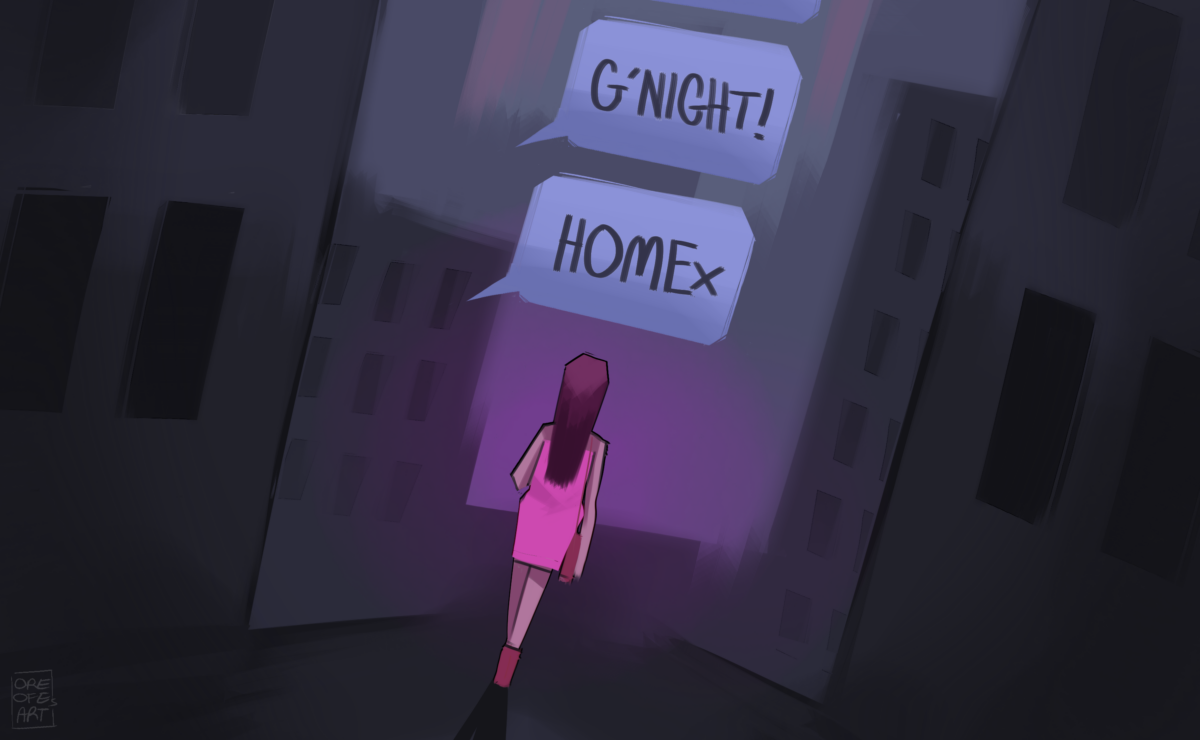
Art by Oreofe Morakinyo.
Clothing has no correlation with sexual assault. Women are harassed in jeans or skirts, in winter or summer, bundled up or showing skin. Rape has been committed since the beginning of time, through the ages of petticoats trailing the floor, and impenetrable corsets. The only common theme is the assaulters’ decisions. Clothing is not consent.
This short story combined with statistical data about sexual assault and violence against women, describes the anxiety of navigating public spaces while trying to stay safe. In a short 20-minute walk, the writer examines the effects of street harassment, sexual assault in taxis and public transport, and the inadequate response by the justice system.
Read the full story here.
Our friend Malala: The incredible journey of three schoolgirls who survived a Taliban terrorist attack

Kainat Riaz
I wanted to say: ‘Ask someone who cannot afford to buy a pen, who cannot afford to buy a book, or who cannot afford to buy a uniform. Ask them about the value of education. They would know its value. They would tell you how much they love education and how important it is.”
When the Taliban shot Malala Yousafzai, her school friends Kainat Riaz and Shazia Ramzan were also injured in the attack. Ten years later, they tell Nour Ghantous about their journey – a story about survival, sisterhood and solidarity.
Read the full story here.
Emerging from domestic abuse: Is this my metamorphosis?
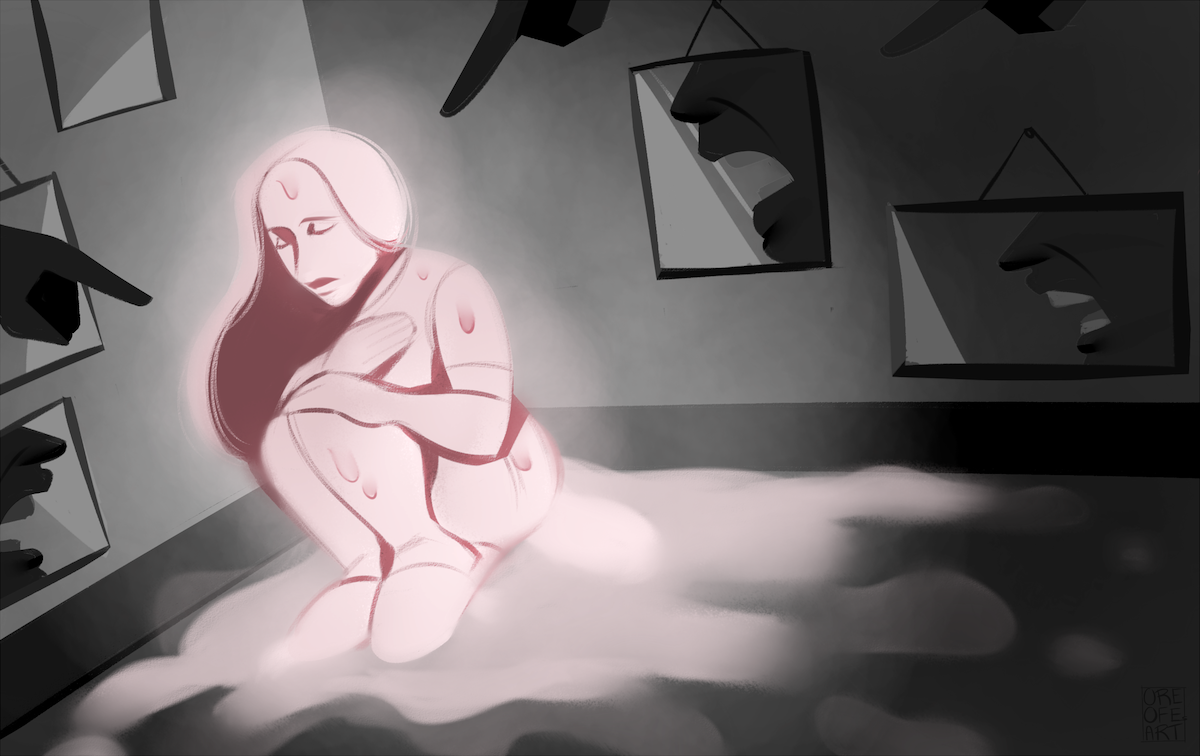
Art by Oreofe Morakinyo.
Therein lies the confusion. Abusive relationships aren’t bad all the time. When things were good between us, they were amazing.
A mum-of-four narrates her experience of domestic abuse, her moment of realisation, and her life after leaving the abusive relationship to begin her metamorphic journey of becoming someone new.
Read the full story here.
Featured image by Alice Zhang.
Read more:
